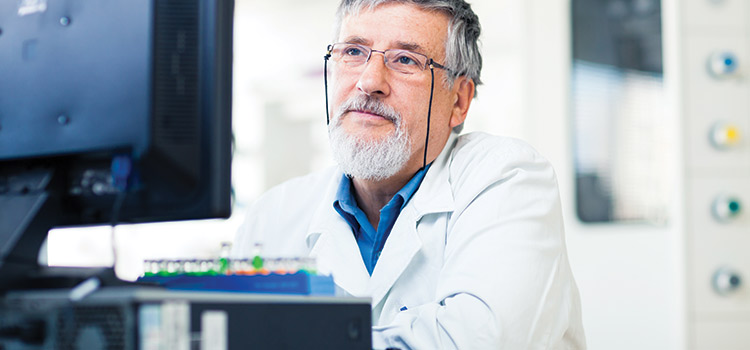
Process Technical Services (PTS) provides laboratory technician training for plant operations. The laboratory technician examines and tests samples taken from intermediate steps in the process and from the final product. Analytical results that the laboratory technician produces are essential for safe and effective plant operations and consistent quality in the refined product. Results are sometimes also essential for maintaining the safety of the plant operations.
Laboratory technicians may be faced with learning a wide variety of analytical procedures, ranging from wet chemical tests to process gas chromatographs, to mass spec analyses. Laboratory technician training provides individuals the skills and knowledge needed to perform laboratory procedures.
Before laboratory technician training can occur, analytical and operational laboratory procedures must be in place. Process Technical Services (PTS) provides procedure writers to produce all of the written procedures needed. The procedures assure control over laboratory operations and also provide a partial basis for securing ISO 9000 certification. PTS has experienced and trained personnel available to help companies obtain ISO 9000 certification.
Operation procedures specify the handling of samples, reporting of results, safety procedures, safety equipment and apparel, and a management structure for laboratory operations. Equally important is the safe and environmentally correct disposal of sample material used in the analyses.
Carefully developed procedures and detailed laboratory technician training are needed due to scheduling for operations and supervisors. Plants normally run 24 hours per day, which requires having laboratory operations on the same schedule. During nights and weekends there may be little or no supervision in the laboratory and technicians are responsible for the operation of the lab. Without written procedures and a careful program for training laboratory technicians, problems could possibly develop in the plant.
One area of particular importance in a process laboratory is keeping the analytical instruments in calibration. As much as one-third of analyses conducted in a process laboratory are calibration runs. Equipment including gas chromatographs, infrared and UV analyzers, pH meters, near infra-red analyzers and additional specialized analytical tools need frequent recalibration.
Laboratory technician training procedures include lessons on statistical analysis. Many companies use statistical process control to obtain Six Sigma levels of quality, which means that the probability of an out-of-spec measurement occurring is less than four in one million.
Traditional statistical process controls in manufacturing operations usually proceed with randomly sampling and testing a fraction of the output. Variances of critical tolerances are continuously tracked, and manufacturing processes are corrected before out-of-spec material can be produced. Analytical results are produced by the laboratory that enter into the statistical process control algorithms.
Particular attention must be paid to the safe storage and handling of the calibration source samples and other materials used to calibrate the instruments. Prolonged exposure to air or light may often cause calibration samples to change and sometimes samples must be kept in a frozen state or refrigerated.
PTS provides laboratory procedures and laboratory technician training needed to ensure that reliable analytical results can be produced from the process laboratory 24 hours per day
